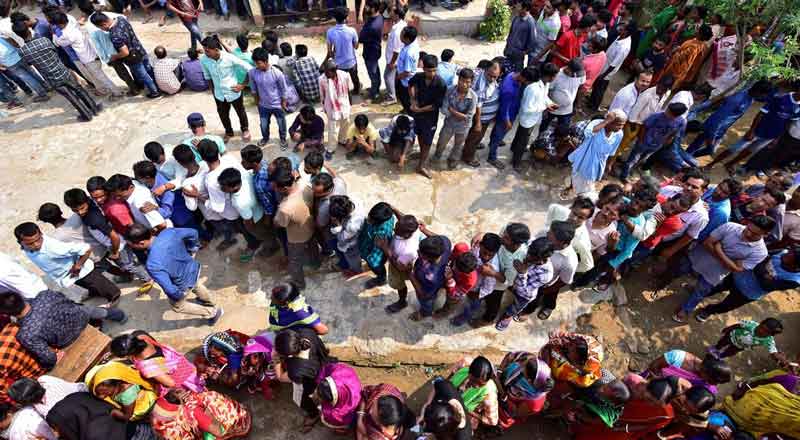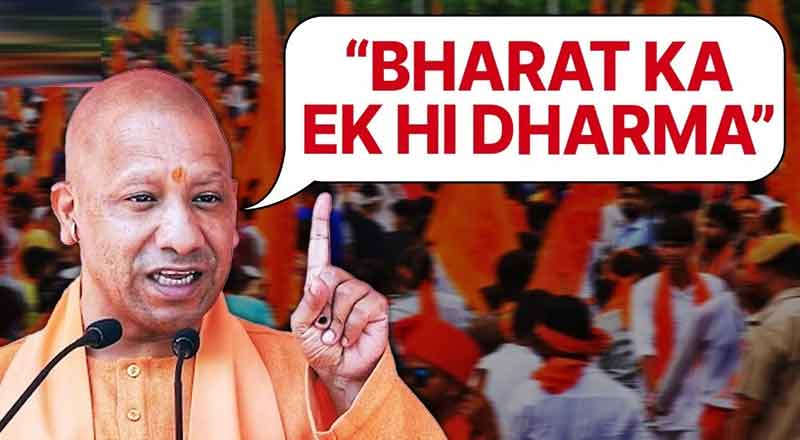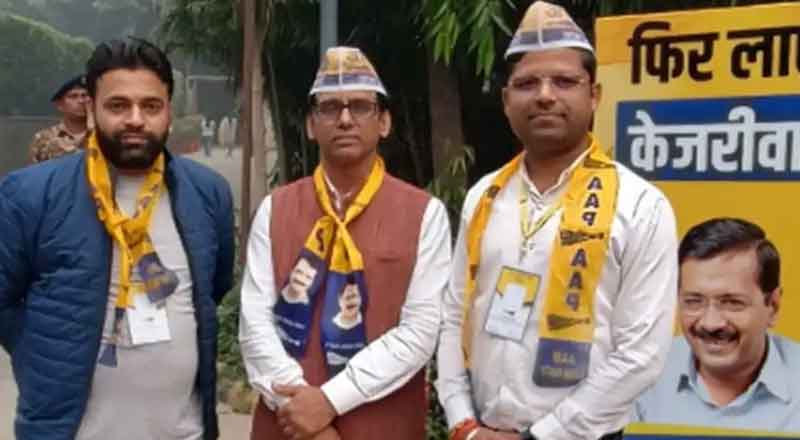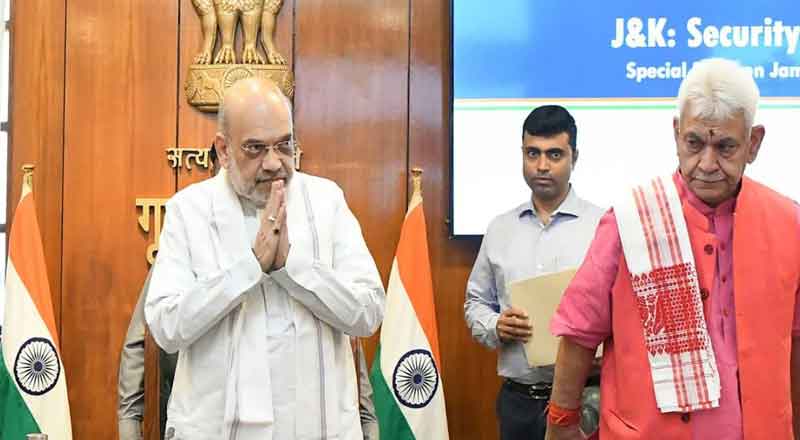- The voting process for nine Lok Sabha constituencies in West Bengal’s seventh phase was overshadowed by tumultuous scenes, as violence and disruptions marred polling across various regions.
- Reports of clashes emerged from several areas, exacerbating tensions during the polling process.
- The escalation of tensions prompted political leaders to engage in accusations and counter-accusations.
- The polling, despite the chaos, continued under stringent security measures, with prominent candidates such as Abhishek Banerjee, Rekha Patra, and Sujan Chakraborty vying for victory.
- However, the incident involving the disposal of an EVM in Kultali serves as a stark reminder of the challenges faced in conducting free and fair elections in the state.
The culmination of the voting process for nine Lok Sabha constituencies in West Bengal’s seventh phase was overshadowed by tumultuous scenes, as violence and disruptions marred polling across various regions. The most alarming incident unfolded in Kultali, South 24 Parganas district, where an enraged mob stormed polling stations, seized an Electronic Voting Machine (EVM), and flung it into a nearby pond, symbolizing the intensity of the unrest gripping parts of the state.
Reports of clashes emerged from several areas, exacerbating tensions during the polling process. In the Satuliya area of Bhangar, within the Jadavpur constituency, clashes erupted between supporters of the Indian Secular Front (ISF) and the CPI(M), resulting in injuries and heightened tensions due to the presence of country-made bombs.
The situation in Sandeshkhali, under the Basirhat Lok Sabha constituency, escalated from late Friday night into the early hours of polling, as local women armed with bamboo sticks protested against alleged threats from Trinamool Congress (TMC) activists and state police. Similar clashes erupted in Diamond Harbour, known as the stronghold of TMC national general secretary Abhishek Banerjee, where accusations of malpractices flew between TMC and BJP supporters.
In Ganguly Bagan, Jadavpur, CPI(M) workers were reportedly assaulted by TMC activists, leading to the ransacking of their camp offices. Meanwhile, tensions flared in Canning, South 24 Parganas district, with clashes breaking out between TMC and BJP supporters, resulting in injuries to a media personnel amidst reports of stone pelting.
The escalation of tensions prompted political leaders to engage in accusations and counter-accusations. Leader of Opposition in the West Bengal Assembly, Suvendu Adhikari, and BJP IT cell chief Amit Malviya accused Chief Minister Mamata Banerjee of orchestrating intimidation tactics through party goons and state police.
The polling, despite the chaos, continued under stringent security measures, with prominent candidates such as Abhishek Banerjee, Rekha Patra, and Sujan Chakraborty vying for victory. The deployment of 1,020 companies of the Central Armed Police Forces (CAPF) and 1,960 quick response teams (QRTs) aimed to address any arising tensions and ensure the safety of voters and poll personnel.
However, the incident involving the disposal of an EVM in Kultali serves as a stark reminder of the challenges faced in conducting free and fair elections in the state. The Chief Electoral Officer’s assurance of prompt action and the continuation of the polling process underscore the resilience of the democratic system amidst turbulent circumstances, albeit amidst calls for a thorough investigation into the incidents of violence and disruptions to uphold the integrity of the electoral process.
(With inputs from agencies)





